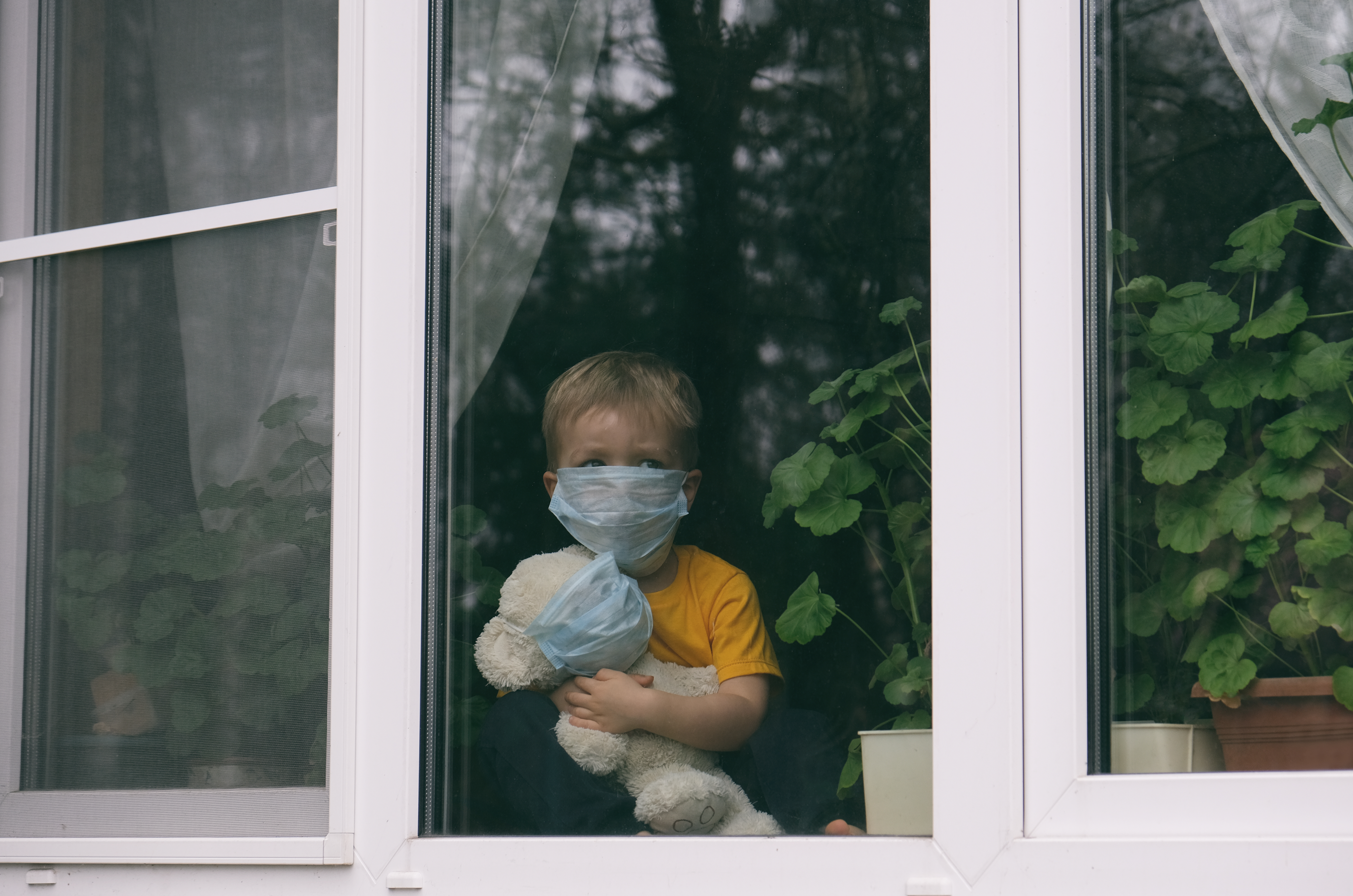Recently, we worked quickly to locate and drop 4 large duffle bags on the front porch of a row house in a large urban city in Northern New Jersey. As my staff member left the bags, without going into the house, 4 little faces peered out of the window waving and knocking. That was the closest they could get.
The duffle bags were essential because these 4 children were moving into 2 separate homes later that day. During “normal times,” though in different homes, they would still be able to visit with each other weekly, visit with their parents, go to the same school, keep seeing the same therapist, the same caseworker, and the same Court Appointed Special Advocate. But this is child welfare during a pandemic and nothing is normal.
In the 13 years I have served as Executive Director of Passaic County CASA (Court Appointed Special Advocates), I don’t know that I have ever seen so many seemingly insurmountable challenges to the way we do our work as I have in the wake of the COVID-19 pandemic. While we fight this global pandemic, we fear that a pandemic of child abuse may follow if the needs of our most vulnerable children and families are not met during this time. I know for certain that I have never been more concerned about child welfare and safety. There is a perfect storm brewing in many homes right now. It is a combination of a rise in circumstances that often lead to child abuse and the decrease in the availability of the child welfare staff, therapy, and supportive interventions that prevent and reduce the likelihood of that exact abuse.
Children in our community and across the country are more at risk today than they have been in generations or possibly ever before. As part of a national network of organizations that recruits, screens, trains, and supervises volunteers to serve as advocates for abused and neglected children in the foster care system, we believe our advocacy has never been more critical.
At Passaic County CASA, our number one priority is to make sure that the needs of children in the child welfare and foster care systems are being met and that they ultimately live in a safe, nurturing, and permanent home. In light of the unexpected state of the world, these needs are more complex and difficult than ever. Even on their best days, children in foster care navigate a significant amount of trauma. They are removed from the only homes they know. They are processing the situation that caused their family separation such as abuse, abandonment, or neglect. They are adjusting to new, temporary homes, new people, and sometimes even new schools. These children are working through challenges that will mark their lives forever.
Stress is the largest driver of abuse and here we are in the most stressful experience in most people’s lives and leaving our vulnerable children without the support of social workers, therapists, school staff, court systems, and all that comes with them. This is where you come in.
Everyone has family or friends who are vulnerable. We all know someone who may have struggled with addiction, mental health, anger management, domestic violence, financial difficulties, health challenges or other special needs in their families. These stresses become magnified in a time like this. Isolated from the typical supports of therapy, school, work, and social interaction, stress can cross a tipping point into maltreatment very easily. While the government systems are not available in the form we are used to, we as individuals need to step up. Call your friends and family. Talk to your neighbors from across the road. Ask how their days are going. Reach out to that friend who is in recovery. FaceTime with your cousin who has a special needs child and send a card to your colleague who was just laid off. A thought, a listening ear, a word of advice or just an open phone line can help relieve the stressors that commonly lead to abuse.
If you have the capacity, take the extra step and commit to serving as a volunteer Court Appointed Special Advocate for a child in the foster care system. The work that CASA volunteer advocates do is needed now more than ever, which is why we have moved our work online and formed a coalition with other nonprofits to maintain our impact. Our volunteer advocates’ ability to stay connected, however possible, is essential to our children’s health, safety, and well-being. Without their parents or their connections to friends and teachers in school, children in foster homes inevitably feel even more isolated during social distancing.
If you are looking for a way to create change or contribute to your community, Passaic County CASA and other CASA offices around the country are continuing to recruit, screen, train, and supervise new volunteers to advocate for children in foster care. If you would like to join our community of advocates, please visit passaiccountycasa.org. Social work in this moment of social distancing is difficult, but with your help we can change a child’s story.


